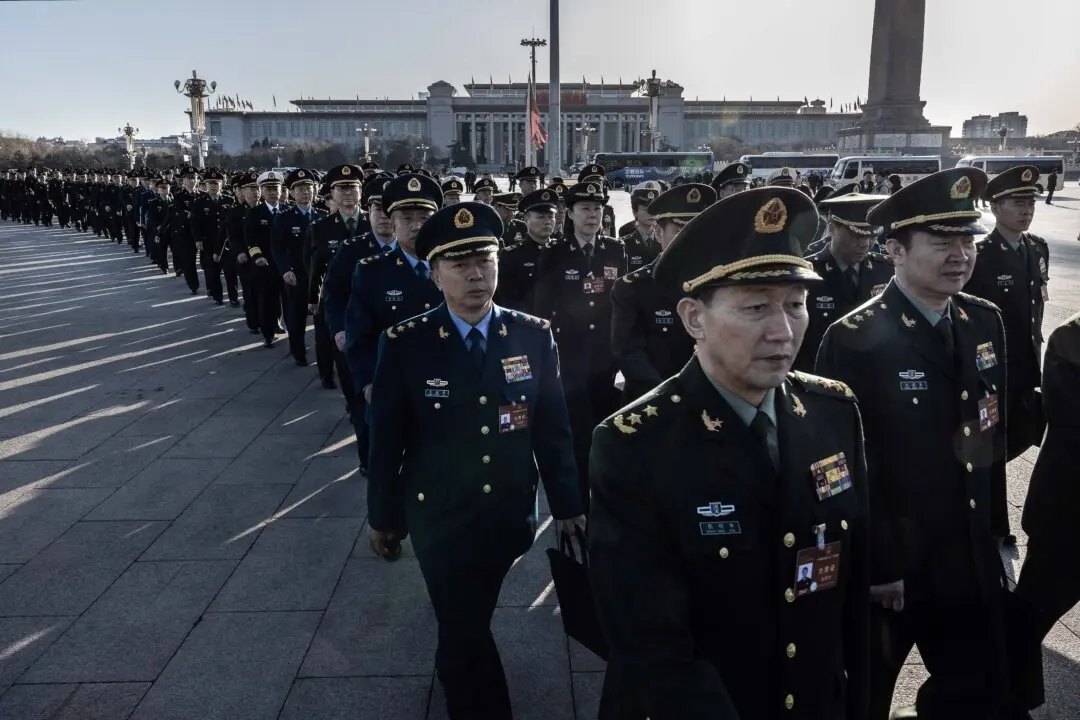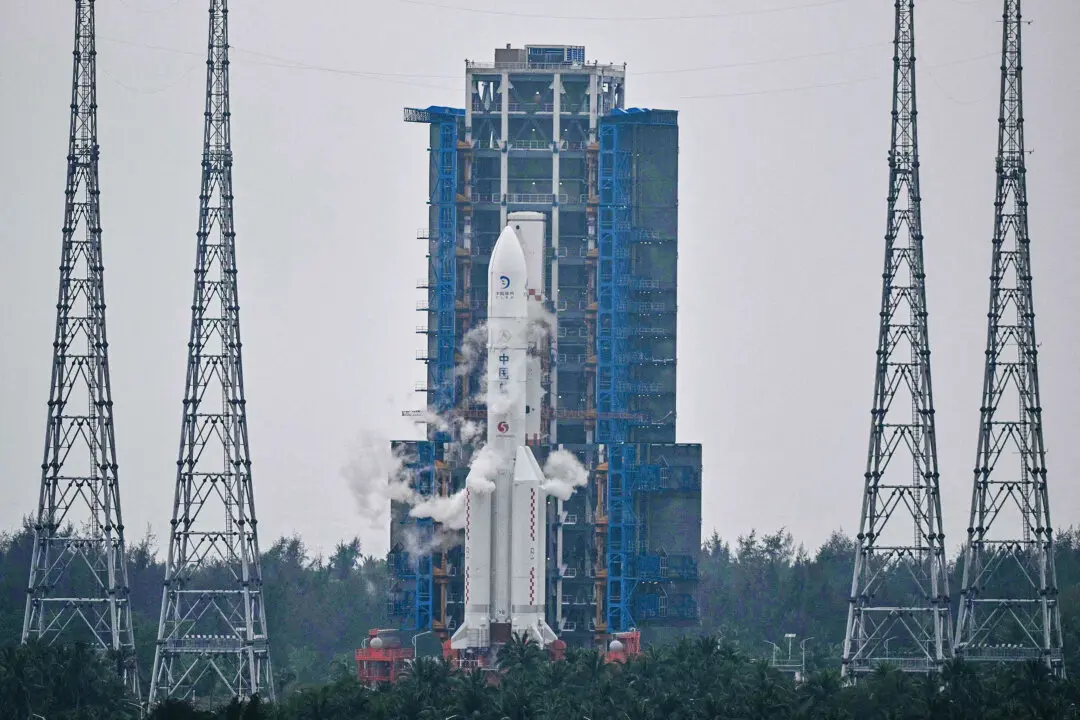Commentary
China investment risk is rising due to the ongoing threat of COVID-19 lockdowns, possible sanctions for Beijing’s support of Russia and the Burmese military government, as well as long-term damage done to the Chinese economy by Xi Jinping’s campaigns to crack down on the tech, education, and property sectors.





